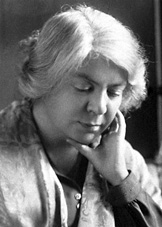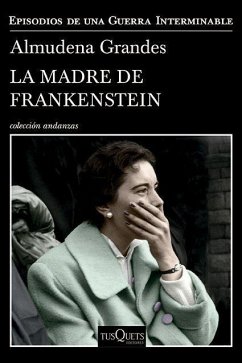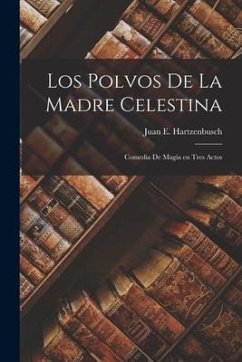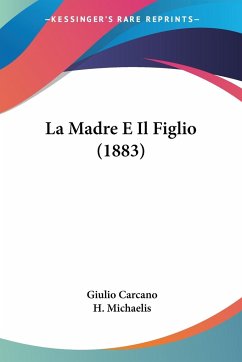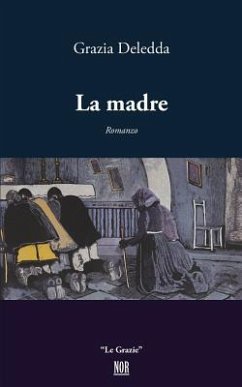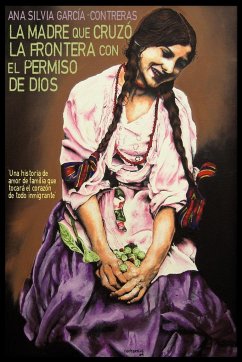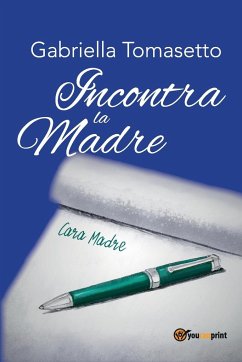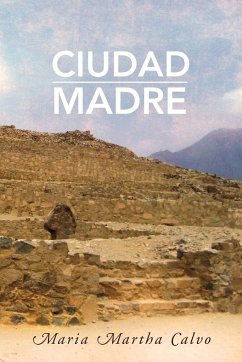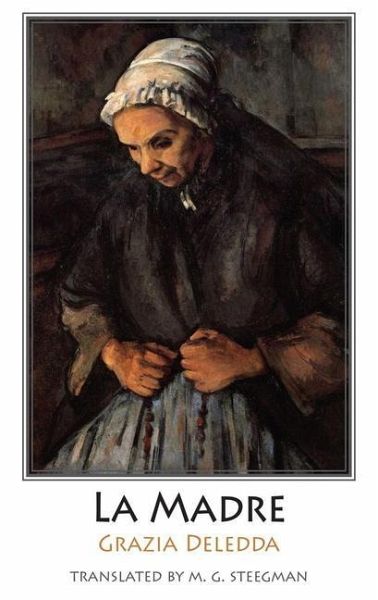
La Madre
The Woman and the Priest
Übersetzer: Steegman, M G

PAYBACK Punkte
6 °P sammeln!
Grazia Deledda is one of the most important women writers of the twentieth century. Her depiction of the primitive and isolated communities of northern Sardinia in a perceptive, intense and individual style gained her the Nobel Prize for Literature in 1927. 'The interest in La Madre lies in the presentation of sheer instinctive life. The love of the priest for the woman is sheer instinctive passion, pure and undefiled by sentiment. The instinct of direct sex is so strong and so vivid, that only the bling instinct of mother obedience, the child instinct, can overcome it.' D. H. Lawrence




